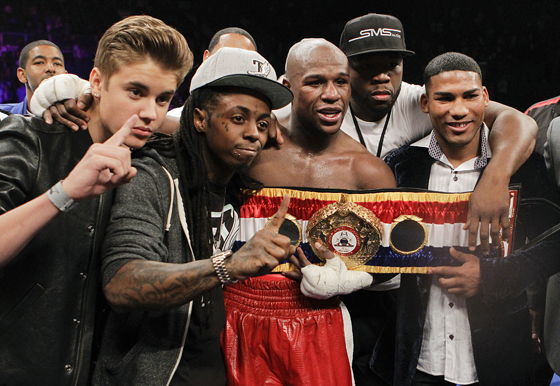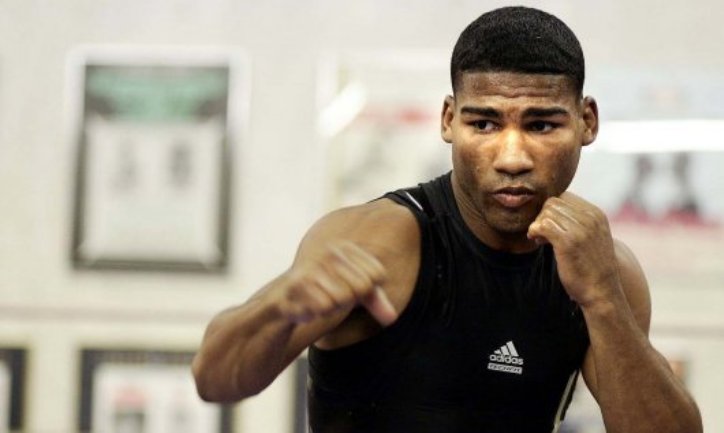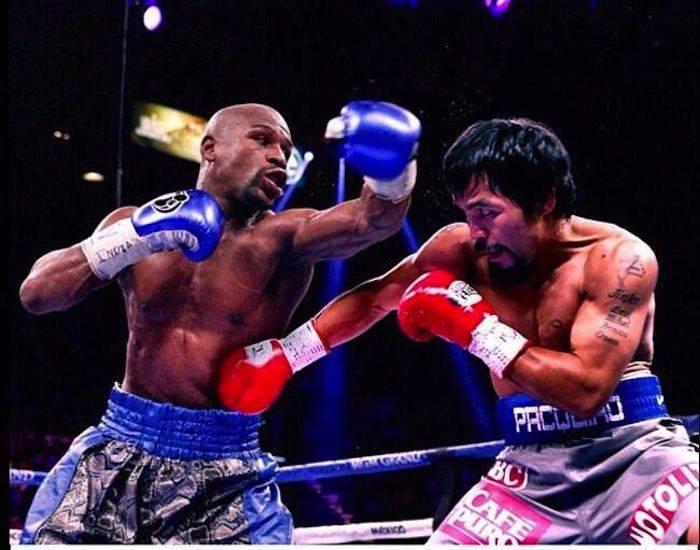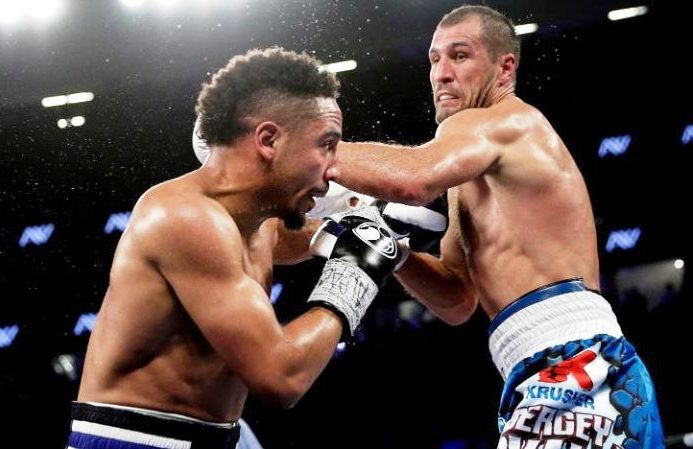The Men Behind Money: Fiddy and ‘Keyser Soze’
Speaking on California’s Power 106 FM last week, 50 Cent boldly stated that he is the missing ingredient in the Mayweather vs Pacquiao negotiations. The rapper, actor, businessman, and former drug dealer has gotten into the boxing business as the head of the new promotional company TMT, an acronym standing for the firm’s predictable moniker, ‘The Money Team.’ In league with him is, of course, Floyd Money Mayweather, the sport’s most bankable star and now a fellow veteran of the American correctional system. While some might scoff at 50’s foray into boxing, he’s been phenomenally successful in business, and his involvement in the sport might imbue it with new, much needed moxie. There is, moreover, an even larger question: is the Gorilla Unit chief boxing’s new silverback?
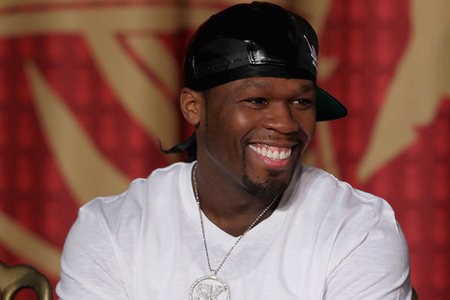
Consider the fighters that TMT has already signed: in addition to Floyd (which is like starting a jewellery collection with the Hope Diamond as one’s first piece), there is the exciting Cuban Yuriorkis Gamboa, Zab Judah, the recently suspended Andre Berto, and Celestino Caballero. This is a strong start, certainly, and many of these fighters—particularly Judah and Mayweather—have the urban caché one would expect 50 to seize on as a main element of the Money Team image. Not afraid to court, or even blatantly manufacture controversy, 50 even lambasted Oscar de la Hoya over Twitter the other week, bragging about his control over Floyd’s career and how it will ascend under his new approach.
Despite what one might think about 50 Cent as an artist (he’s a serviceable rapper but a robotic actor), his business acumen—most crystallized through his involvement with the success of Vitamin Water—is undeniable. He simply understands the power of branding: while not a skilled technical rapper, he smartly positioned himself as the sort of hardened gangster that early-aughts hip hop fans craved. Realizing that his popularity wouldn’t be a function of his lyricism, 50 effectively synthesized club-friendly rap anthems with a playful menace, and it will be compelling to see whether he can identify, and then employ, a similarly potent approach to promoting boxing. In a rare moment of restrained lucidity, ESPN’s Stephen A. Smith recently praised 50’s logical approach to getting business deals done. His point was that if there was anyone capable of getting Floyd to reconsider his ill-conceived pledge to never accept a 50-50 split with Pacquiao, it would be Money’s close friend and streetwise confidant.

Part of the intrigue of this new situation is the question of where Al Haymon now fits into things. Considered the most powerful man in the sport by some, the mysterious overseer, who goes by the official title of ‘advisor’ to various fighters in order to circumvent the Muhammad Ali Rule that stipulates one cannot be both a manager and a promoter, Haymon might chafe at the idea that Floyd will begin to make decisions in accordance with 50 Cent’s wishes. This, admittedly, is complete conjecture, for I have no idea as to what sort of relationship Haymon and 50 have, as Haymon rarely speaks publicly, and never does so in a context that might compromise his position.
Al Haymon is, to put it mildly, the most interesting figure in the fight game. A Harvard graduate, he ventured successfully into the music and television businesses, and, according to the New York Times, is said to have privately bragged about how he can control boxing. Said Golden Boy CEO Richard Schaeffer: “Al Haymon is easily the smartest person I’ve ever met.” Many within the sport have taken umbrage with the favourable treatment that his fighter’s sometimes receive—particularly when they’re featured on HBO—where Haymon protégé Adrien Broner recently mocked the sport’s rules by showing up to a fight against an inferior opponent well over the 130 lb weight limit. At the present moment, Haymon appears to have the magical ability to create boxing stars, which makes him a very valuable and powerful figure in the sport.

Beyond the mystique, part of Haymon’s power resides in his facelessness. During one of his post-fight thank-a-thons, Floyd asked rhetorically “Where’s Al Haymon?” before answering his own question by saying, “Al Haymon’s a ghost.” He is a ghost of sorts—an apparition that clearly knows his greatest advantage is not to provide other people with information that can be used against him. In this sense, Haymon is like the Keyser Soze of boxing, albeit with a real identity and without the murderous streak: a cunning, reserved power broker who may, or may not, be behind it all.
50 Cent could probably learn from Haymon’s reluctance to stay in front of the camera (although, given his background and personality, this is unlikely). 50 will probably be as or more identifiable with TMT than the fighters his firm represents, and it could be problematic if his personality becomes too extroverted—a lesson he could heed from his fallen, fellow rap mogul Suge Knight. Advised by his own financial backer that he would always retain more power if he remained behind the scenes, Suge shirked this advice and made himself as big as his talent, with disastrous results; ideally, 50 will have learned from Suge’s troubles. While he shouldn’t remain invisible—he is, after all, a brand unto himself whose macho image synthesizes well with boxing — his priority, we hope, will be to focus on making the best fights, rather than receiving the most attention.
–Eliott McCormick

